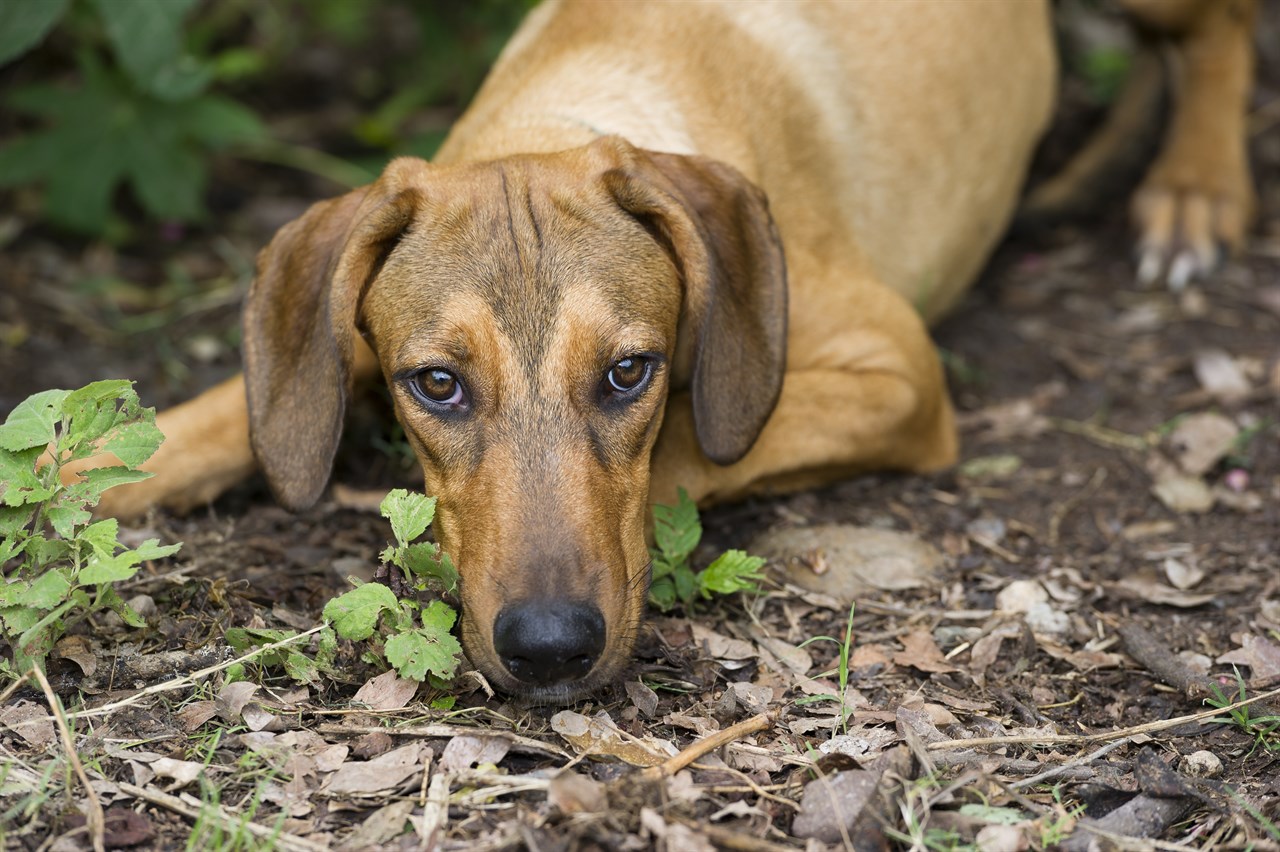Feeding Habits and Food Requirements of the Redbone Coonhound

Proper nutrition is vital for the health and well-being of your Redbone Coonhound. Understanding their feeding habits, dietary requirements, and meal schedule is essential to ensure they lead a happy and healthy life.
Age and Life Stage
The nutritional needs of Redbone Coonhounds vary depending on their age and life stage. Puppies, adult dogs, and senior dogs have different requirements. Ensure you provide them with a diet tailored to their specific stage of life.
High-Quality Dog Food
Choose a high-quality commercial dog food that is appropriate for their age, size, and activity level. Look for products that list meat as the first ingredient and avoid foods with excessive fillers and artificial additives.
Feeding Schedule
Establish a regular feeding schedule. Most Redbone Coonhounds do well with two meals a day, one in the morning and one in the evening. This schedule can help regulate their digestive system and prevent overeating.
Portion Control
Redbone Coonhounds have a tendency to overeat if given the chance, which can lead to obesity. Follow the recommended feeding guidelines on the dog food package or consult your veterinarian to determine the appropriate portion size for your specific dog.
Avoid Free Feeding
Avoid leaving food out all day for your Redbone Coonhound to graze on. This can make portion control more challenging and lead to weight gain. Stick to scheduled mealtimes.
Fresh Water
Ensure your Redbone Coonhound has access to fresh, clean water at all times. Proper hydration is essential for their overall health.
Protein Content
Redbone Coonhounds thrive on a diet with a moderate to high protein content. Protein supports their lean muscle mass and energy levels. Look for foods with protein sources like chicken, turkey, beef, or fish.
Moderate Fat
Redbones are an active breed, so a diet with moderate fat content is suitable. Fat provides energy and helps maintain their coat's health.
Carbohydrates
While dogs do not require carbohydrates in large quantities, they can be a valuable energy source. Look for foods with whole grains and limited fillers.
Avoid Harmful Foods
Certain foods are toxic to dogs and should be avoided at all costs. These include chocolate, grapes, raisins, onions, garlic, and foods containing xylitol. Be cautious when offering human food to your Redbone Coonhound.
Treats
Use treats sparingly, as they can contribute to excess calorie intake. Opt for healthy, dog-specific treats, and factor them into your dog's daily calorie intake.
Weight Management
Monitor your Redbone Coonhound's weight regularly and adjust their food portions accordingly. Obesity can lead to various health issues, including joint problems and diabetes.
Consult Your Veterinarian
Your veterinarian can provide personalised dietary recommendations based on your Redbone Coonhound's specific needs, including any health concerns or allergies they may have.
In summary, providing proper nutrition is crucial for the well-being of your Redbone Coonhound. By selecting a high-quality dog food, adhering to a consistent feeding schedule, and monitoring portion sizes, you can help ensure that your Redbone Coonhound maintains a healthy weight and enjoys a long and active life. Always consult with your veterinarian for guidance on your specific dog's nutritional needs.
Redbone Coonhound puppies for sale
- Find Redbone Coonhound puppies for sale in ACT
- Find Redbone Coonhound puppies for sale in NSW
- Find Redbone Coonhound puppies for sale in NT
- Find Redbone Coonhound puppies for sale in QLD
- Find Redbone Coonhound puppies for sale in SA
- Find Redbone Coonhound puppies for sale in TAS
- Find Redbone Coonhound puppies for sale in VIC
- Find Redbone Coonhound puppies for sale in WA